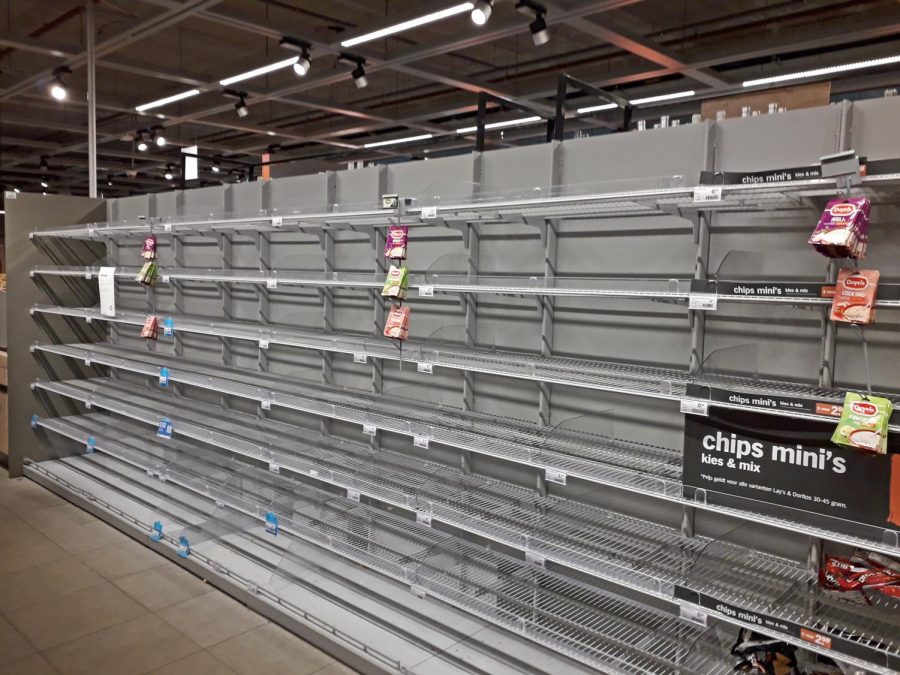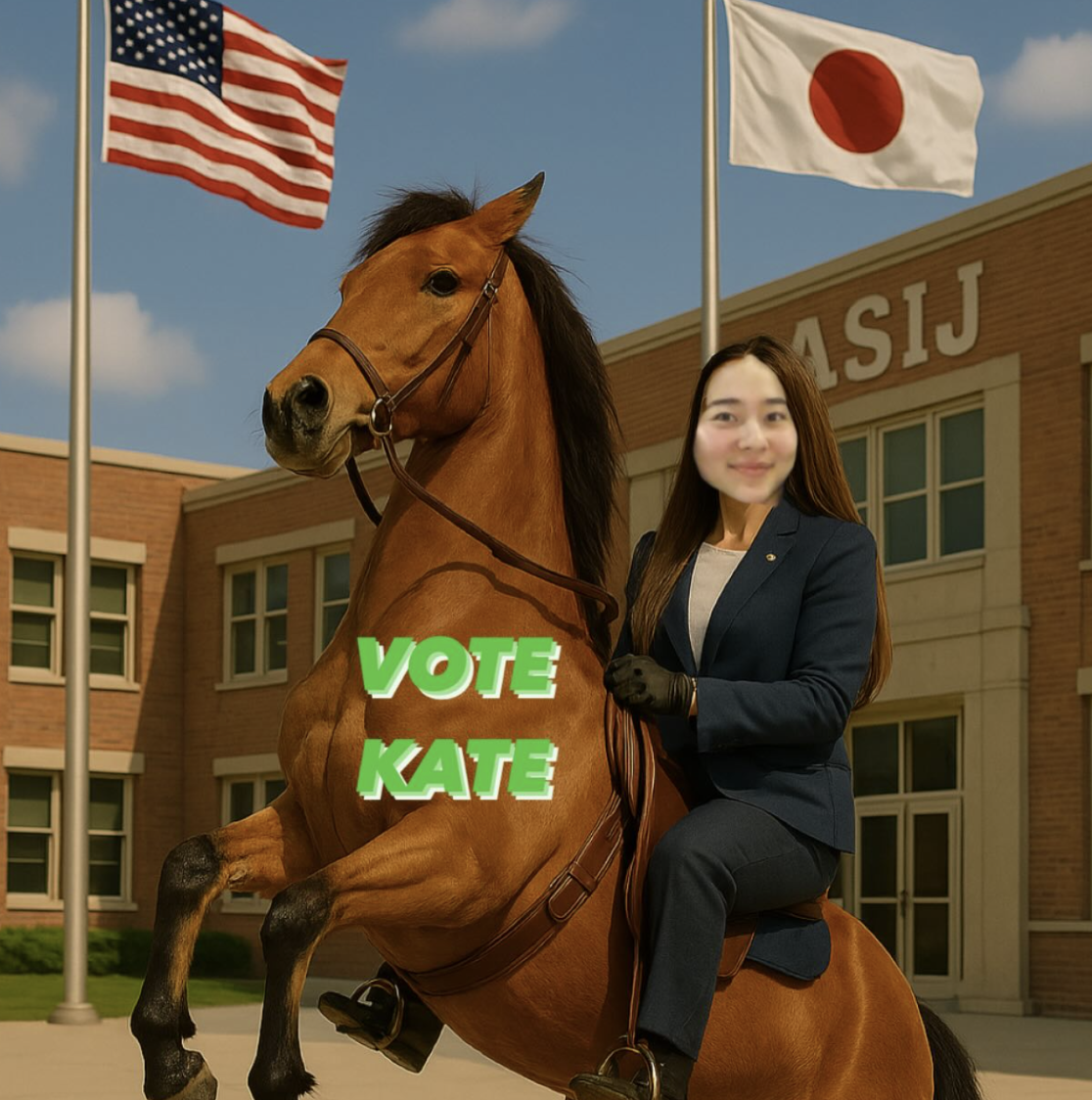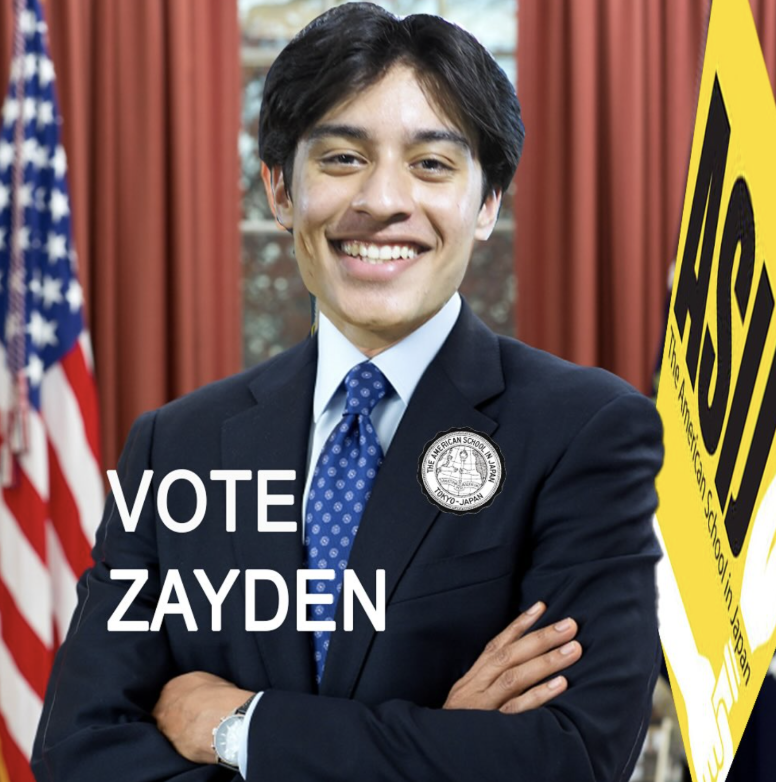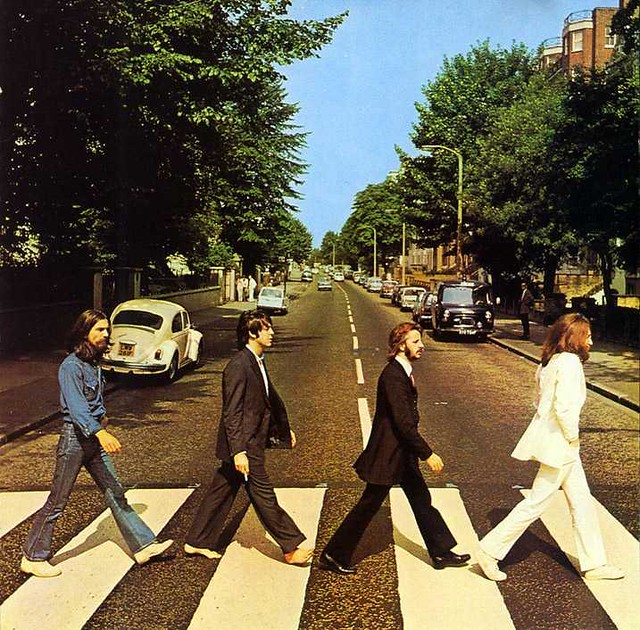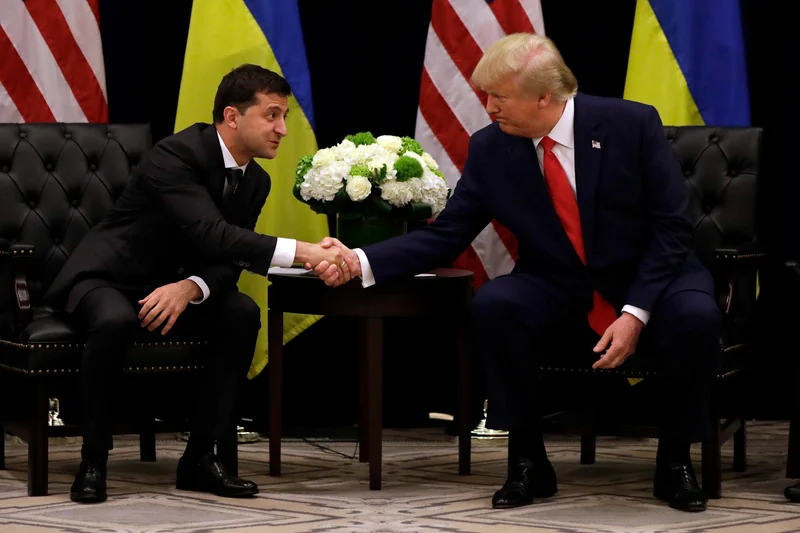Why We Need to Stop Panic Buying
April 6, 2020
On March 11, the World Health Organization (WHO) declared that COVID-19, or the Coronavirus, is now characterized as a pandemic. This virus has now reached more than 160 countries worldwide and amassed more than 49,000 deaths and almost 1 million cases.
Amid this utter chaos, many have begun panic buying—buying large quantities of products due to fears of an impending shortage. Specifically, products such as toilet paper, face masks, and hand sanitizers have flown off of shelves at unprecedented rates.
Experts such as Sander van der Linden, a professor of social psychology at Cambridge University, say that the fear of the unknown is what drives many to stockpile their groceries and essentials. They believe that a significant event, such as this pandemic, justifies a dramatic reaction. While health officials have assured that proper hygiene and social distancing are all that is necessary, for many people, that seems too weak a response for such a severe crisis. And for many, stockpiling is their only tool of control during these disorienting times.
Additionally, according to Steven Taylor, a professor and clinical psychologist at the University of British Columbia, and the author of The Psychology of Pandemics, when people see others stockpiling, a herd mentality kicks in. It prompts them to do the same, out of fear that if they don’t buy it, somebody else will. And the excessive media coverage of this only worsens the situation as it amplifies the sense of urgency among people.
However, a trip to the store to panic buy may actually be self-defeating, as it only increases one’s likelihood of being infected with the Coronavirus. Taylor remarks, “We’re being asked to not gather in large groups, and what do you think the panic buyers are doing? They’re gathering in large groups in Costcos.”
These means of buying in bulk that many have adopted has unintentionally created a perpetual cycle with low-income and middle-class families as the victim. Panic buying has caused the prices of goods and supplies to go through the roof, in both stores, and through resales online.
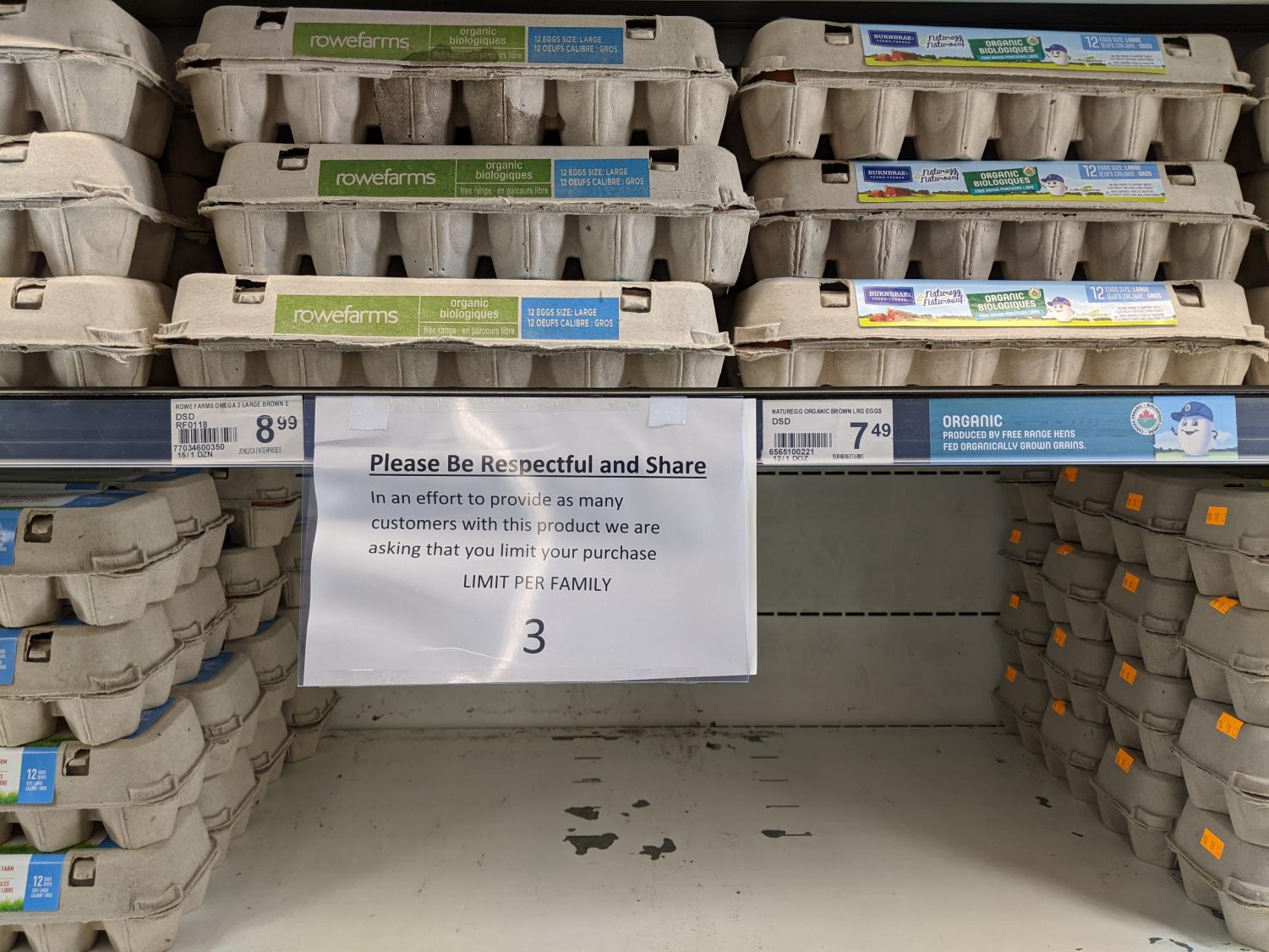
One example of people price gouging through resales is Anthony Del Zio, a 39-year-old man from Long Island, New York. Before the pandemic reached his state, he stocked up on hand sanitizers from every store he could find and is now selling them for up to almost USD 140 on eBay. While many on the internet have condemned him for his immoral actions, that has not stopped him, and others like him, from exploiting a global pandemic.
Moreover, stores are struggling to keep their shelves stocked amidst this wave of panic buyers. Shoppers form long lines outside of stores, merely waiting for the next shipment of supplies to come in. And Lauren Whitney, a mother from Utah, comments, “Some people don’t have the money to go [to the store] when the trucks arrive because they get paid later. If we all just purchased what we needed at the time, the shelves would stay stocked.”
Also, panic buying products such as face masks and gloves leaves fewer supplies for those whom the Coronavirus pose a greater threat to, and need it more than the general population. That includes people that suffer from medical ailments, those that are immunocompromised, and health care workers.
The solution is quite simple: don’t buy more than you need. The next time you are out buying groceries, remember that a sense of community and compassion are more vital now than ever, during these trying times.

